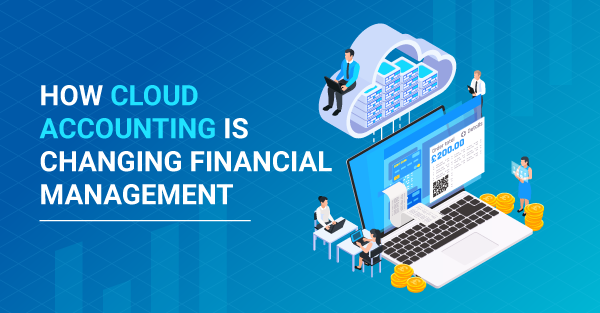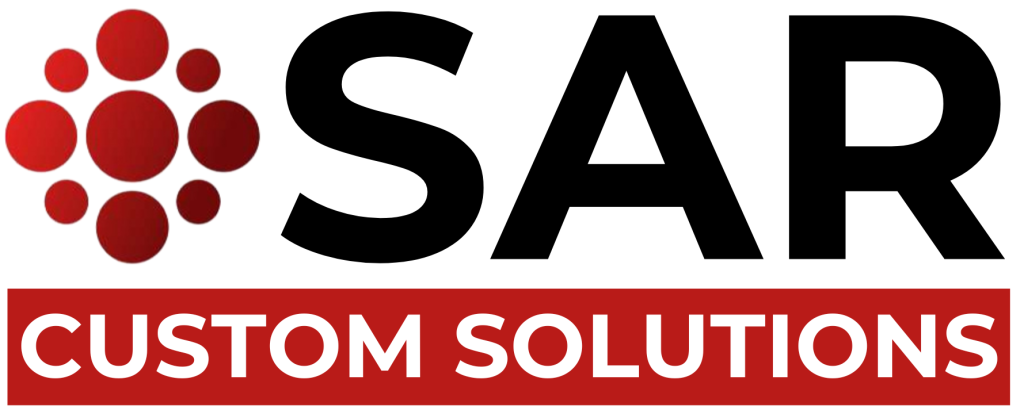
Introduction:
Cloud-based accounting software is revolutionizing financial management by offering real-time access to financial data, automating routine tasks, and enhancing collaboration. This modern approach to accounting allows businesses to operate more efficiently, securely, and cost-effectively, while also being scalable to meet growing needs.
1. Real-Time Financial Data Access
Cloud-based accounting software provides businesses with real-time access to their financial data. This means that decision-makers can view the latest financial reports, cash flow statements, and other critical financial metrics at any time from any location. This real-time access enhances transparency and helps in making informed decisions quickly.
2. Automation and Efficiency
Automation is one of the key features of cloud-based accounting software. Routine tasks such as invoicing, payroll processing, tax calculations, and bank reconciliations are automated, reducing the time and effort required to manage these tasks manually. This automation not only saves time but also minimizes the risk of human error.
3. Scalability
As a business grows, its financial management needs become more complex. Cloud-based accounting solutions are highly scalable, allowing businesses to add more features or users as needed without the need for significant investments in hardware or software. This scalability ensures that the software can grow with the business.
4. Cost-Effective
Cloud-based accounting software typically operates on a subscription-based model, which eliminates the need for large upfront investments in software licenses or hardware. Additionally, the cloud provider handles software updates and maintenance, reducing the total cost of ownership for businesses.
5. Improved Collaboration
Multiple users can access cloud-based accounting software simultaneously, making it easier for teams to collaborate on financial tasks. For example, accountants, financial managers, and business owners can work together in real-time, reviewing financial data and making adjustments as needed.
6. Enhanced Security
Cloud providers implement advanced security measures to protect financial data, including encryption, multi-factor authentication, and regular security updates. These security measures are often more robust than those implemented by small to medium-sized businesses on their own, ensuring that sensitive financial data is protected against cyber threats.
7. Compliance and Reporting
Cloud-based accounting software often includes features that help businesses comply with tax regulations and other financial reporting requirements. The software can generate tax reports, financial statements, and other compliance-related documents automatically, reducing the risk of errors and ensuring timely filing.
8. Integration with Other Business Tools
Cloud-based accounting software can be easily integrated with other business tools such as customer relationship management (CRM) systems, enterprise resource planning (ERP) systems, and e-commerce platforms. This integration streamlines financial processes and ensures that all business systems are aligned.
9. Accessibility and Mobility
With cloud-based accounting software, financial data is accessible from any device with an internet connection. This mobility allows business owners and financial managers to manage their finances on the go, whether they are traveling, at a client’s office, or working remotely.
10. Data Backup and Recovery
Cloud-based solutions automatically back up financial data regularly, ensuring that data is not lost in case of hardware failure or other disasters. In the event of data loss, businesses can quickly recover their financial data from the cloud, minimizing downtime and ensuring business continuity.
Cloud-based accounting software is transforming financial management by providing real-time data access, automating routine tasks, enhancing security, and offering scalability and cost-effectiveness. By adopting cloud-based solutions, businesses can streamline their financial processes, improve collaboration, and make more informed decisions, ultimately leading to better financial health and business growth.
